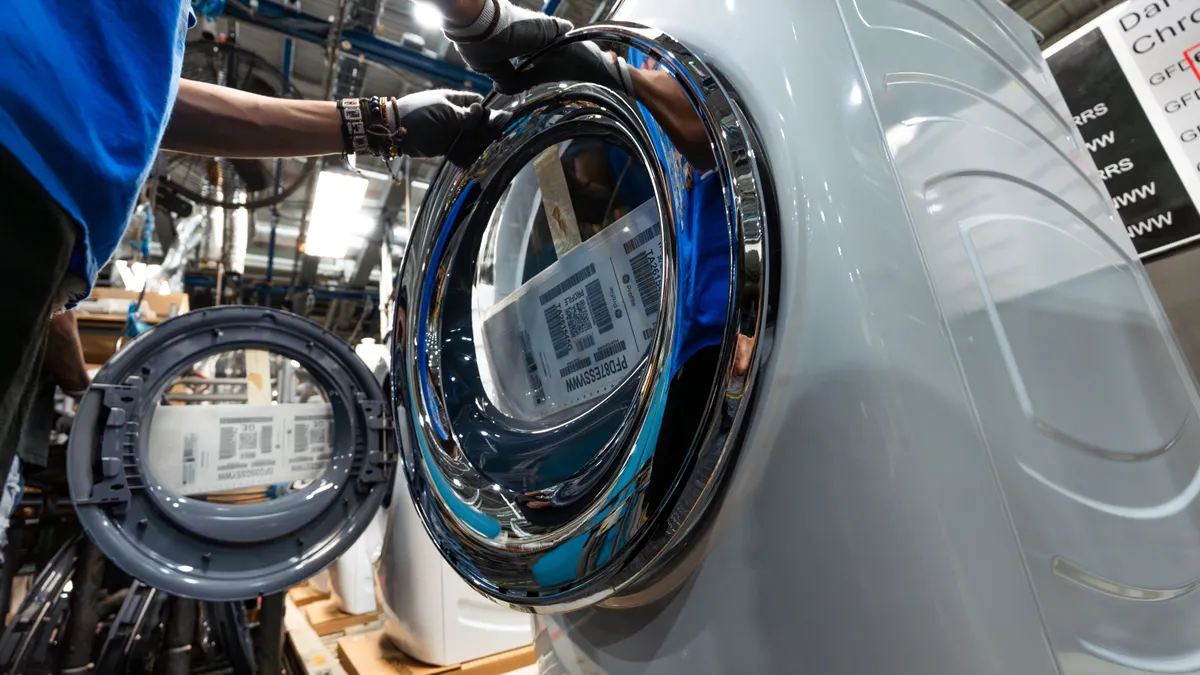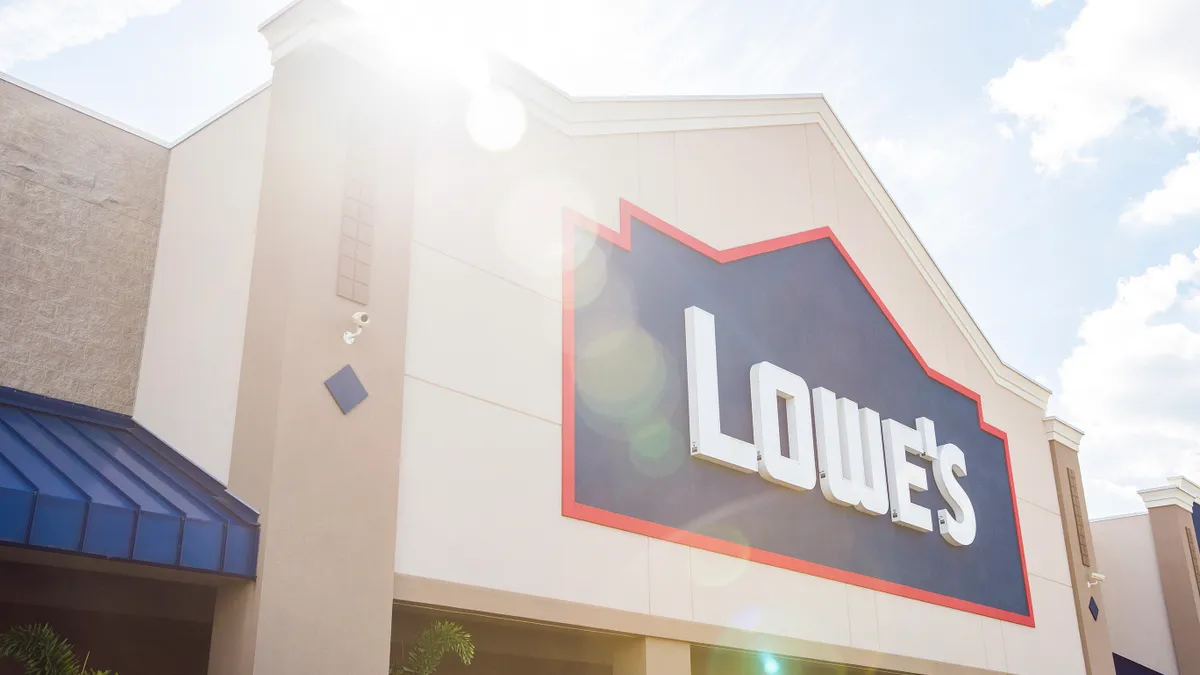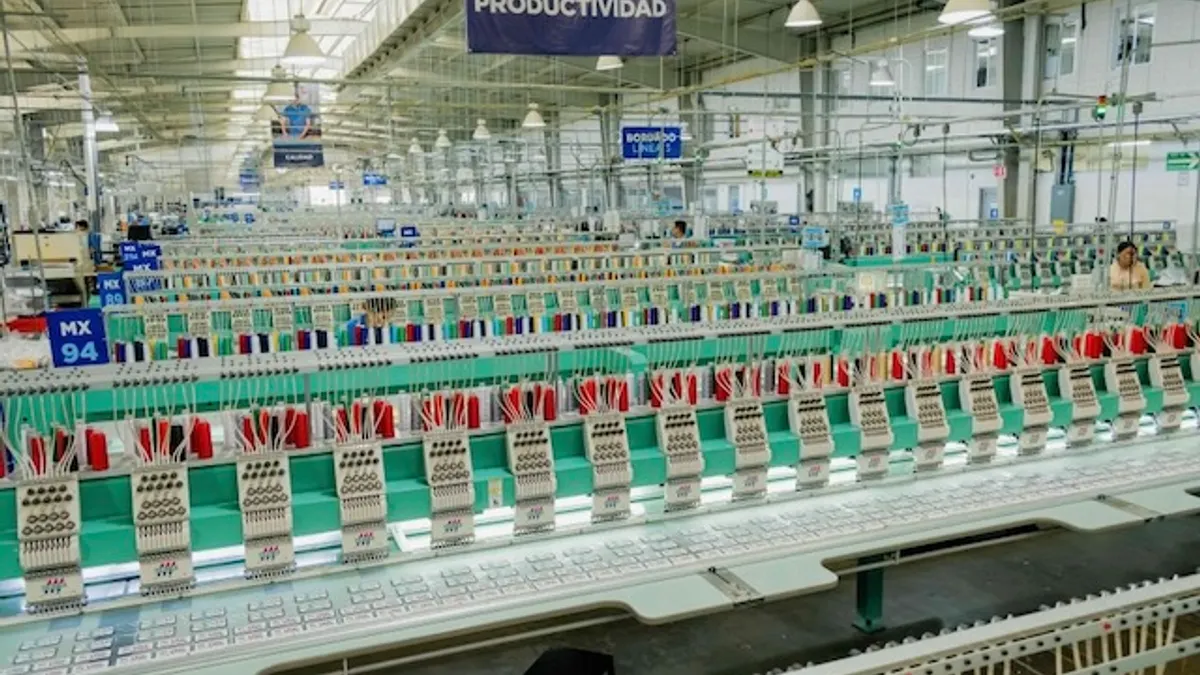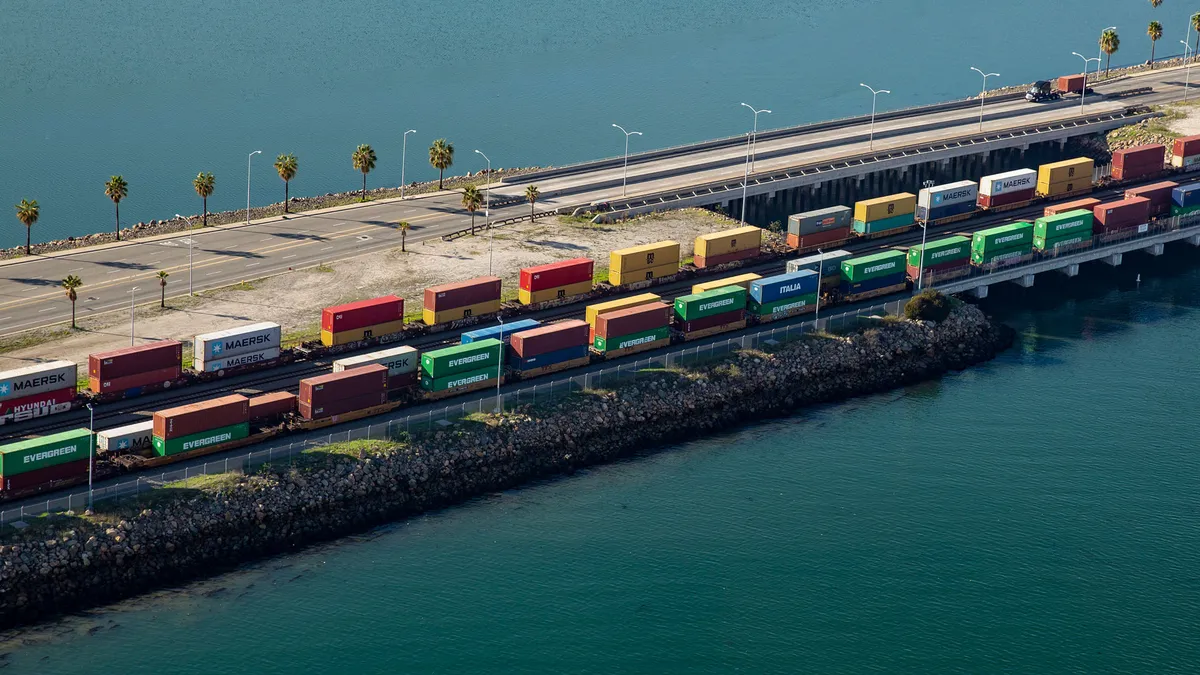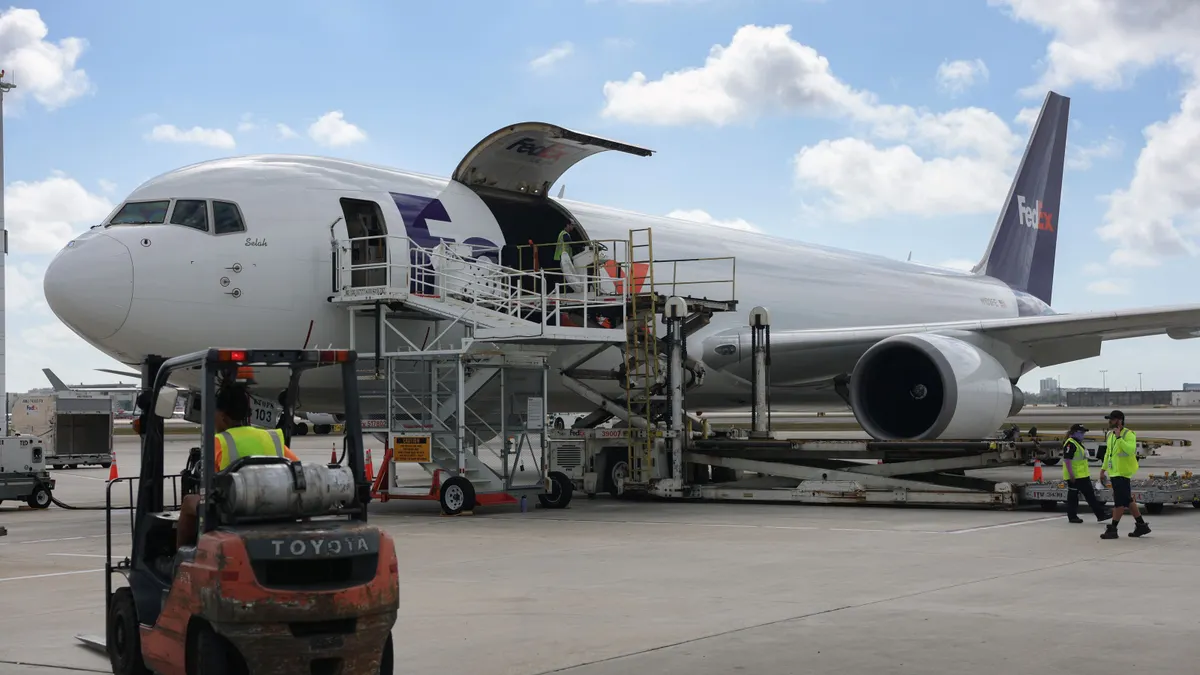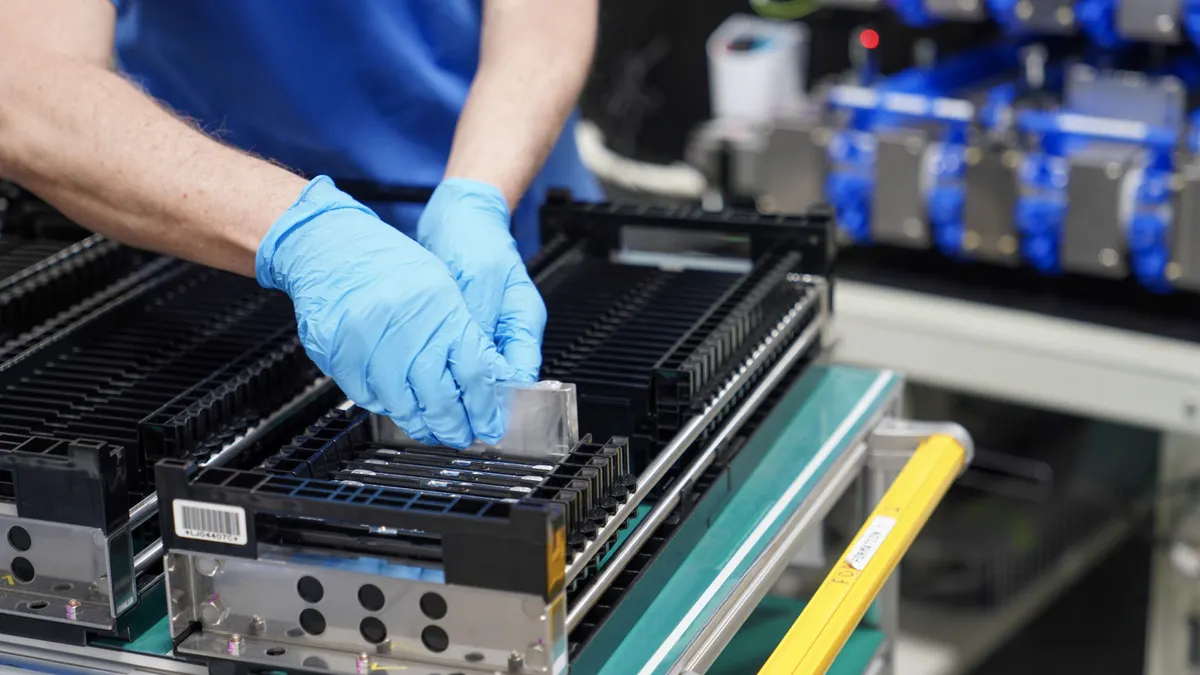On the 49th Earth Day, I have a confession: I am part of the problem. I could have done more. I should have done more.
I was at the birth of the first Earth Day as a high school freshman in April 1970. Mitch, a class leader and early advocate for social involvement, organized a group of about 20 students to meet at the large bend of the Rahway River, a relatively scenic estuary in Cranford, New Jersey, that eventually drained into New York Harbor. We were the newly formed “Ecology Club,” and we were front and center for Earth Day, supported by school administration and the local press.
While there was some light recreation on the river, all locals knew it to be quite polluted. On Earth Day, we waded into the river with our boots and rubber gloves and in a couple of hours pulled out car tires, metal shopping carts, discarded motor oil containers, empty whiskey bottles and other assorted flotsam and jetsam.
Later, after a hot shower, I understood firsthand the severity and magnitude of the problem of pollution. While I smiled broadly for the local news photographer looking for an Earth Day picture, I thought to myself, this was a battle where I had little influence, save for sewing an ecology flag on my army surplus field jacket and listening to folk-rock songs about ecology and social change. It was the 70s, and Earth Day was but one part of the ongoing social and cultural upheaval.
I want to think my high school experience launched me on a personal mission to save the Earth, but it didn’t. Years later, joining the procurement profession, I found myself in a position to contribute to the social change. As stewards of a global network of suppliers, supply chain managers have real power to enact lasting change in sustainability efforts. I had a platform to bring back the passion of that day in the river to make a difference, and I didn’t take advantage.
We have come up short as a profession, ceding our leadership on a critical issue to nothing more than a mission statement afterthought. Low cost and high supplier performance were the ways I was judged and rewarded. With a mortgage and children, the risk of incorporating a social mission was tucked away for another, perhaps safer, time.
I lament that I didn’t take more of an active role in establishing my passion for sustainability efforts back then ... and now.
I hid my passion in the cloak of operational improvements and cost reduction, the primary drivers of my responsibilities.

Rich Weissman
Supply Chain Dive
As the years rolled by, I snuck some social responsibly into my sourcing and supply management efforts. But I hid my passion in the cloak of operational improvements and cost reduction, the primary drivers of my responsibilities.
I discovered some new operational processes had a positive impact on the ecology. Supplier deliveries directly to the workcell improved inventory and supported lean manufacturing, and they eliminated packaging materials. The change to water-based chemicals was a cost saving that also kept the factory air cleaner and employees safer. Consolidating shipments from suppliers made logistics more efficient, and kept some trucks off the road.
Perhaps it was my kids that motivated me to finally pay attention. Earth Day saplings, provided by their pre-schools, are actually still growing in my yard decades later.
At work, I park in a solar lot, rant about environmental regulatory rollbacks, hardly use the printer and fill up my reusable water bottle with filtered water at the local H2O station. I also implore my colleagues, sometimes to the detriment of peaceful relations, to actively recycle in our single stream process. They think I have a passion for the environment, and I do.
At home, I carefully separate my recyclables from my trash. I even wash out my empty organic almond butter jars to eliminate contamination in the recycling stream. Vegetable peels go into an organic recycling bucket. And we have a big compost pile in the backyard.
But I also use non-recyclable coffee pods, lament that my local coffee shop has discontinued foam cups in favor of paper, have far too many corrugated boxes delivered from the online megamall and never bring recyclable bags to the grocery store. I also toss the occasional jar in the trash rather than walking the extra 10 feet to the recycle bin.
We have have come up short as a profession, ceding our leadership on a critical issue to nothing more than a mission statement afterthought.

Rich Weissman
Supply Chain Dive
So what would I tell Mitch, 49 years after that first Earth Day? That I’ve gone along for the ride but I’ve not driven nearly enough. That I’ve had influence over thousands of suppliers but caved too often to company policies that ignored sustainability. That sometimes I take the easy way out.
But I’d also tell him I could begin to make amends by empowering the next generation of supply management professionals to incorporate the fundamentals of Earth Day in the work they do every day. Progress in sustainability is still largely due to regulatory pressures, not individual passion and professional responsibility – and we need to change that. We’ve got a long way to go to embrace the fundamental message of Earth Day.








